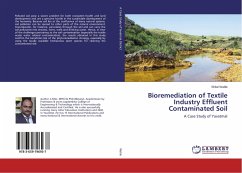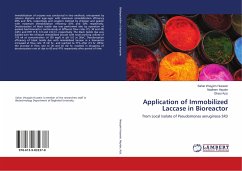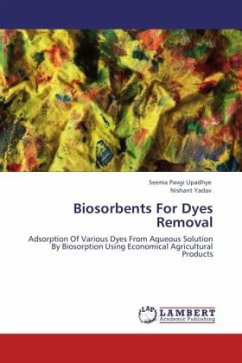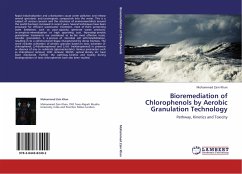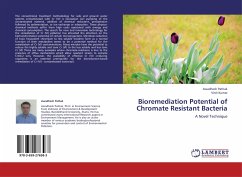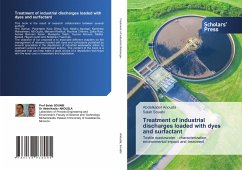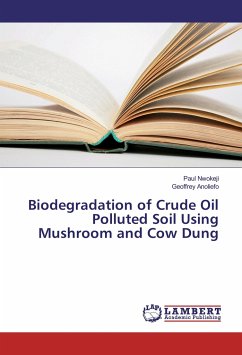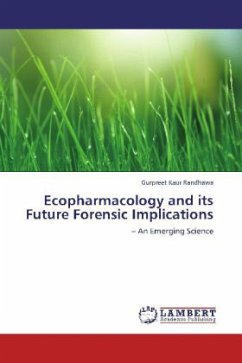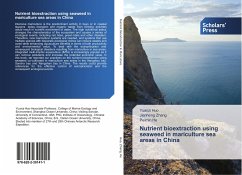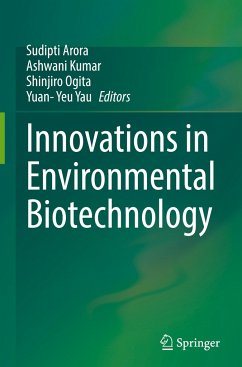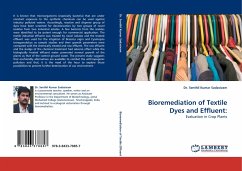
Bioremediation of Textile Dyes and Effluent:
Evaluation in Crop Plants
Versandkostenfrei!
Versandfertig in 6-10 Tagen
52,99 €
inkl. MwSt.

PAYBACK Punkte
26 °P sammeln!
It is known that microorganisms (especially bacteria) that are under constant exposure to the synthetic chemicals can be used against industry polluted waters. Accordingly, reactive and disperse group of dyes have been screened for decolorization by two groups of novel isolates from two industrial estates. A few bacteria from the isolates were identified to be potent enough for commercial application. The textile industrial effluent was treated by novel isolates and the treated effluent was used for the irrigation of Brassica nigra and Cyamopsis tetragonolobus as sample studies and their growt...
It is known that microorganisms (especially bacteria) that are under constant exposure to the synthetic chemicals can be used against industry polluted waters. Accordingly, reactive and disperse group of dyes have been screened for decolorization by two groups of novel isolates from two industrial estates. A few bacteria from the isolates were identified to be potent enough for commercial application. The textile industrial effluent was treated by novel isolates and the treated effluent was used for the irrigation of Brassica nigra and Cyamopsis tetragonolobus as sample studies and their growth parameters were compared with the chemically treated and raw effluent. The raw effluent and the sludge of the chemical treatment had adverse effect while the biologically treated effluent water promoted normal growth of the plants as that of the control ground water. The present study suggests that ecofriendly alternatives are available to combat the anthropogenic pollution and that, it isthe need of the hour to explore those possibilities to prevent further deterioration of our environment.



